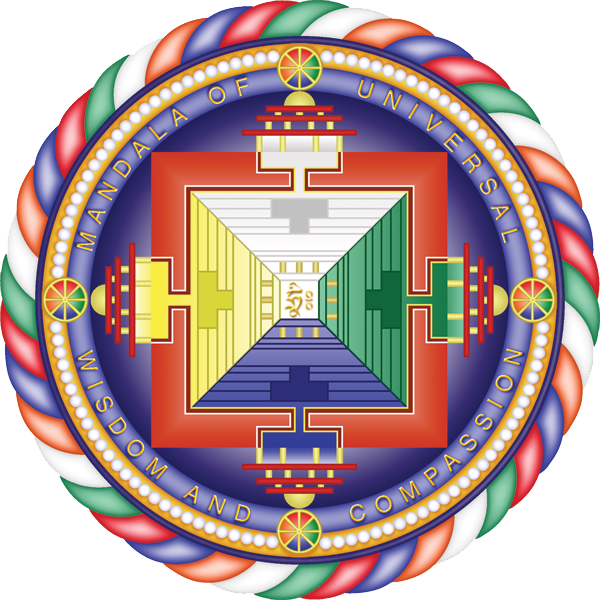Discover the workings of the mind and the mechanisms of suffering and happiness. Unlock your potential for mental balance, compassion and wisdom.
![]() An FPMT Introductory Course
An FPMT Introductory Course
What is our mind? What are the afflictions that obscure our inner potential? Can they be removed? Why do we often struggle with the same mental patterns? How deep and vast is the potential of our mind?
We will explore such questions from an experiential point of view, using both scientific and Buddhist knowledge of the mind and meditation, in a journey that may translate into increasing lasting happiness and a positive impact on oneself, others, and the world.
The course “Getting to know your mind” focuses on an exploration of the mind to understand what it is, its characteristics, and how can we become more aware of our mental processes and of our mind itself. It also deepens into techniques to diminish mental afflictions, and reflects on the possibility of the continuity of the mind and on karma. It is complemented by references to some current scientific understanding on the mind.
The Journey
“Getting to know your mind” gradually unfolds as a journey along different topics:
- Refining attention deepens into stabilizing meditation by presenting obstacles and qualities to cultivate when meditating in calming our minds.
- Introducing the nature of the mind challenges our understanding of what the mind is by presenting the mind and its nature from a Buddhist perspective, with practices to put it under examination by meditating on the nature of mind.
- How the mind is stained explores how, despite the nature of the mind is pure, afflictions arise and obscure us from seeing its deep nature.
- Removing the stains from the mind presents strategies to diminish the power of afflictions so that we find better well-being and conducive conditions to further explore the mind and its possibilities.
- Exploring the depth, vastness, and continuity of the mind explores the depth and vastness of the mind and continues to challenge us by suggesting an investigation about the possibility of the continuation of mind after this life.
- The continuity of actions presents the notion of karma, how our actions leave an imprint that conditions us, and the role of intention in this process. It concludes with an exploration of the value of this life under these perspectives.
Requirements and Approach
There are no particular requirements to join this course.
The course is intended to address the needs of modern students, with a fact-based approach to the study of the mind and meditation:
- It develops with a gradual approach that emphasizes practical integration in daily life.
- It focuses on both Buddhist and scientific perspectives of the mind and meditation, in dialogue in the fields of meditation, the mind, compassion, or well-being, amongst others.
- It is intended to provide meditation techniques to help people have more meaningful, beneficial, and happier lives.
- It is designed for people who may or may not have experience with secular or other forms of meditation.
Structure of the Course
Sessions
Each module consists of three or four 1.5-hour online sessions and can be engaged as a stand-alone course. They include explanations, exercises, reflection, debate, meditation, and time for Q&A. Recordings of the sessions will be made available to students.
Homework
During the week, students will be encouraged to keep a meditative practice, to read through some of the materials, and to complete some exercises. Even though this is not mandatory, it is highly encouraged as this will help make this course practical and relevant.
Materials
The course includes a Course Manual with readings, exercises and meditations, as well as recorded meditations. Slides used during the sessions will be made available to students.
Schedule
The sessions The different modules will be held on Friday on the following dates:
- Module 3 – 7, 14, 21, 28 June 2024
Depending on the place where you reside, the timings of the sessions are:
- Europe (Centre de meditació Tushita): 7 – 8:30 PM (CET)
- USA, East Coast (Shantideva Center and Kadampa Center): 1 – 2:30 PM (EST)*
(* Daylight Savings Time changes might change the EST times on certain weeks, as EU countries and USA do not always do such change on the same week.)
Buddhist Mind Science: Activating Your Potential
This short course is a part of the FPMT «Buddhist Mind Science: Activating Your Potential» series, which introduces the Buddhist knowledge of the mind and meditation to provide practical techniques and insight on the mechanisms of suffering and happiness, finding purpose and mental balance, and how to discover and activate our inner potential for warmheartedness and wisdom, including a comparative modern scientific perspective and with the aim to contribute to the welfare in this world.
- See the Extensive Presentation of the Course and Syllabus.
- Visit the page with the description of the complete «Buddhist Mind Science: Activating Your Potential» series.
This program is offered jointly by:
Inscripción y más detalles
directamente en la web del centro

